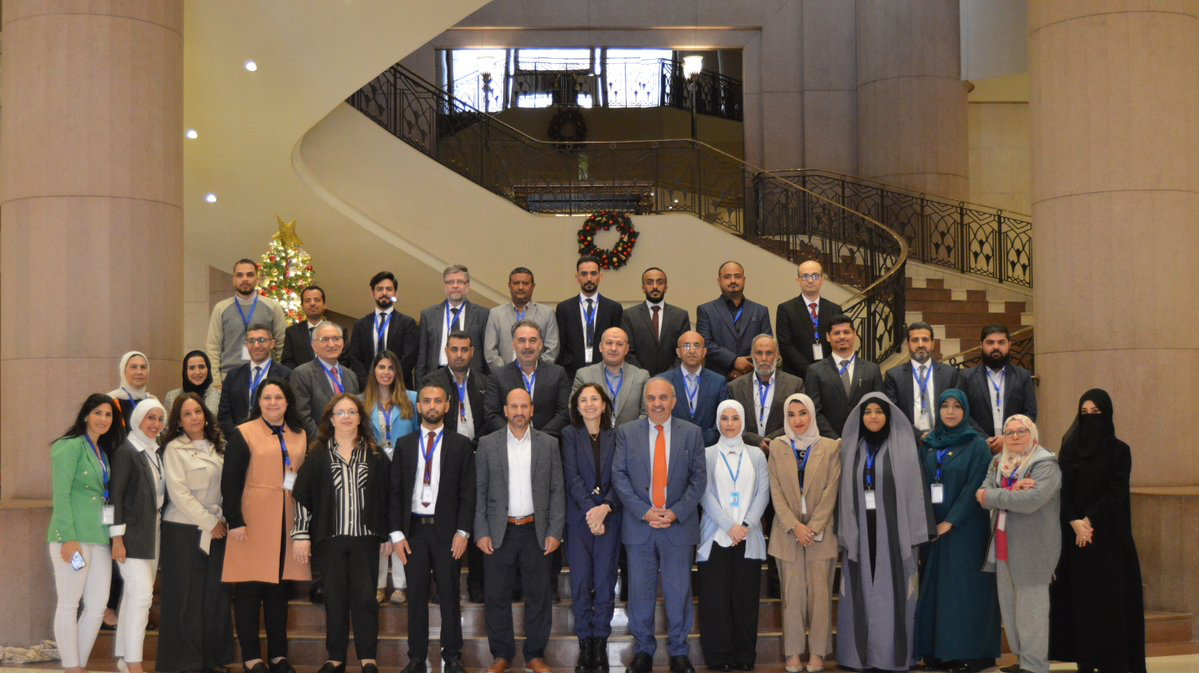The WHO’s regional food safety strategy meeting comes at a time of rife food and water insecurity in Gaza, and the subsequent rise in infectious diseases.
Qatar’s Ministry of Public Health officials took part in a regional World Health Organisation meeting in Cairo to discuss its 2022 to 2030 Global Strategy for Food Safety.
In a Qatar News Agency report, the Director of the Food Safety Department at the MoPH, Wassan Abdullah Al Baker, was Qatar’s representative at the meeting.
Al Baker’s department works in tandem with Qatar’s MoPH to oversee the implementation of national food safety policies. These policies are applied to food imports and exports into the state and Qatar’s factories and restaurants.
Sunday’s meeting saw this initial policy reviewed, taking into consideration its success and areas of evaluation during the 2022 FIFA World Cup era.
The review will be especially pivotal in the run up to the 2024 AFC Asian Cup games and the World Aquatics Masters Championships to prevent tournament goers from experiencing food related illnesses.
QNA reported that the review aimed to fine-tune the state’s food safety policy to serve as an exemplar within the region
Meanwhile, the WHO’s global food safety initiative is to ensure that all people have access to consume healthy foods, so as to curb instances of foodborne diseases.
Sunday’s meeting was organised by the WHO’s Regional Office for the Eastern Mediterranean and the discussions were country-specific.
Participating member states discussed future strategies and requirements in light of climate change challenges within the region, antimicrobial resistance and local and global trade trends.
Food and water scarcity in Gaza
Sunday’s meeting coincides with the worsening humanitarian crisis in Gaza which was induced by almost three months of continuous Israeli bombardment on the Strip.
Experts have decried Gaza’s food and water security status as dire.
According to an impact report published on Saturday by the United Nations Office for the Coordination of Humanitarian Affairs, just one water pipeline in southern Gaza is functional, while the Strip’s northern Governorates remain completely without clean water supply.
While on Sunday, the UN Relief and Works Agency for Palestine Refugees warned via X that Gaza is a mere weeks away from famine.
This has sparked grave concern for the spread of infectious diseases among the besieged enclave’s 1.9 million internally displaced persons.
Despite the WHO’s efforts to improve access to clean water, healthy food and sanitation services, Dr Tedros Adhanom Ghebreyesus said that staggering numbers of IDPs are falling ill.
“Close to 180,000 people are suffering upper respiratory infections – 136,400 cases of diarrhoea half of these among children aged under 5,” the WHO chief said via X on Friday.
Despite Gaza’s devastating humanitarian situation, Israeli military spokesman, Daniel Hagari, said his army is preparing for “continuing the war in 2024,” the BBC reported on Monday.







